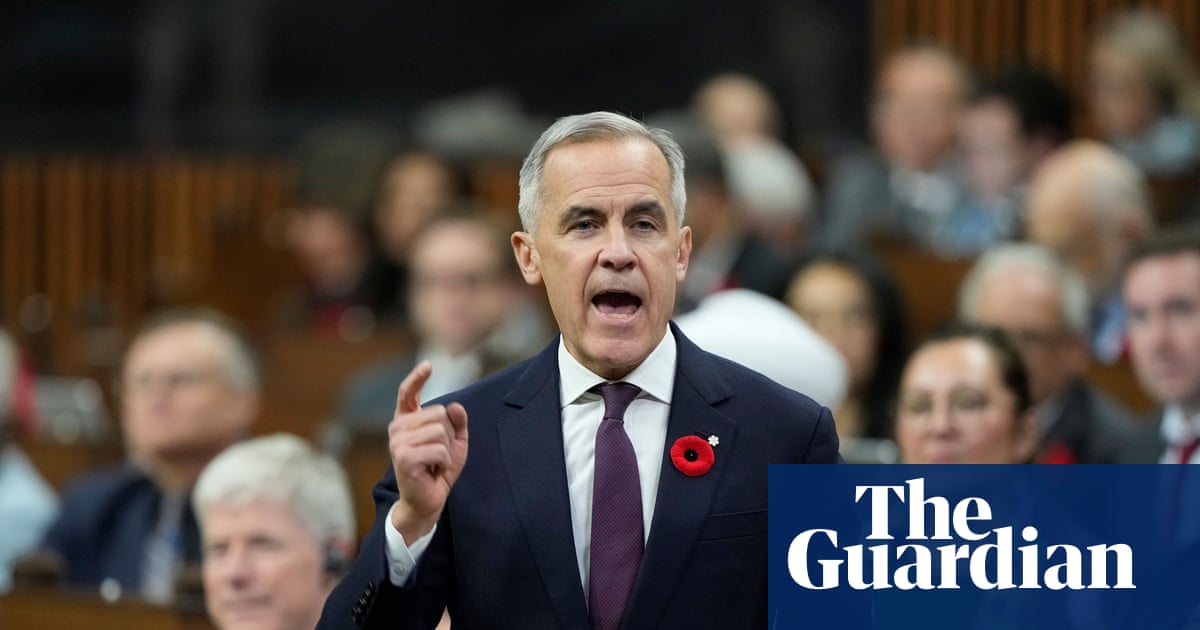Canada’s prime minister, Mark Carney, and his minority Liberal government survived two confidence votes on their budget this week, averting — for now — the prospect of a federal election this winter.
The Liberals cleared the second of three scheduled votes on Friday, keeping in place a plan that opens the way for tens of billions in new spending. Conservatives joined Liberals on the floor, helping advance the budget toward a final, decisive vote set for mid-November. The outcome underlined both the fragility and the opportunism of minority government politics.
Finance minister François-Philippe Champagne presented a wide-ranging budget on Tuesday, saying a deeper-than-expected U.S. trade war and a weakening domestic economy had forced the government to run a much larger deficit than previously forecast. “The level of uncertainty is higher than what we have seen and felt for generations,” he told MPs. “Bold and swift action is needed.”
The budget pledges billions in what the government calls “generational investments” meant to reshape the economy. In last December’s fiscal update the federal deficit was projected at C$42.2bn for 2025–26; the new plan pushes that to C$78.3bn in 2025–26, with a stated aim of reducing the deficit to C$56.6bn by 2029–30.
Heading into the votes, Carney controlled 169 seats — three short of the threshold needed to pass a budget on his own. Government house leader Steven MacKinnon warned the Liberals lacked the numbers and warned Canadians a Christmas election was possible.
A key development came when Nova Scotia Conservative MP Chris d’Entremont crossed the floor on Tuesday to join the Liberals, citing dissatisfaction with Pierre Poilievre’s leadership and suggesting other Tories were uneasy. D’Entremont’s defection was a significant boost for Carney’s fragile minority, though the government still needed the support of two other opposition MPs to carry the budget.
Tensions within the Conservative caucus surfaced again on Thursday evening when long-serving Edmonton MP Matt Jeneroux unexpectedly resigned, saying he wanted to “spend more time with his family.” He later denied rumours he’d been pushed out after reportedly meeting privately with Carney. Government whip Mark Gerretsen said the developments suggested more progressive Conservatives were drifting away from Poilievre.
Rumours of discontent in the Tory ranks have persisted, and Liberals are reportedly eyeing disaffected Conservative MPs. Carney, a former central banker who campaigned as a pragmatic technocrat, signalled a greater willingness to engage in political horse-trading, saying he would “speak to anyone publicly or otherwise” who might back his legislative agenda.
Observers note the shift in tone has helped attract moderate conservatives. “Carney is not a lifelong politician and that was part of his appeal to voters in the spring election. He presents himself as being above the partisan games that characterize Canadian politics,” said Lori Turnbull, director of Dalhousie University’s school of public administration. She added that Carney’s pivot to economic and fiscal messaging resonated with some within the Conservative fold.
For now, the budget has cleared an important hurdle, but with a final vote looming in mid-November and the government relying on fragile cross-party support, the risk of an early election has not disappeared entirely.




